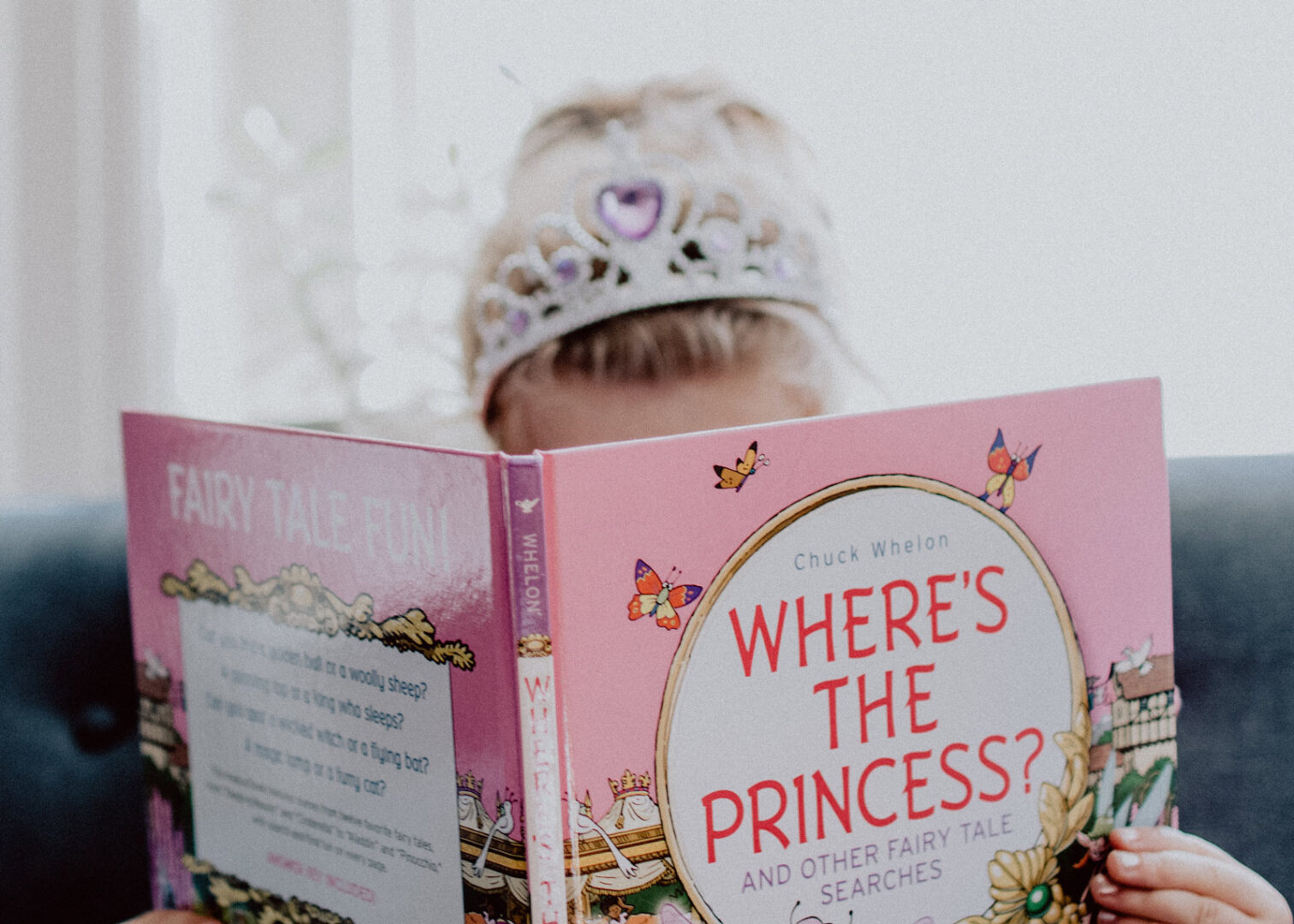
08 Aug The importance of 10 minutes for reading a day for kids
Did you know that just 10 minutes of reading a day will change your child’s life? asks Alesha Evans
While that may seem like a big statement to make, numerous studies have consistently shown that 10 minutes of exposure to reading materials each day is all it takes to positively shape your child’s future. And this doesn’t just include complicated educational texts—any reading materials, be it comic books, novels, picture books, recipes, the television guide or the back of food packets, all count towards your child’s daily reading goal. Reading any of these materials for 10 minutes a day exposes your child to more than 600,000 words in one year—interestingly, that’s more than double the word exposure of a child who only reads for 5 minutes or less each day. The benefit of this word exposure is immense. Research shows us that reading more improves a child’s performance in general knowledge, vocabulary, reading comprehension, verbal fluency and spelling. But this goal of reading for 10 minutes each day isn’t only to improve your child’s academic success; the effects of this achievement are far more long-term than you may have anticipated.
As Dr. Seuss wisely penned, ‘The more that you read, the more things you will know. The more that you learn, the more places you’ll go.’ So, how does reading benefit your child outside a classroom environment?
Reading improves empathy and emotional intelligence, allowing people to better understand the people and the world around them, which is especially important in today’s connected world. It fights memory loss and has even been shown to slow the progress of diseases like Alzheimer’s and Dementia. The brain is a muscle, and regular exercise, such as reading each day, helps keep it healthy and stimulated.
As our lives continue to get busier, stress and its negative effects on our physical and mental health can take their toll. However, research has shown that reading can be one of the fastest and most effective ways to reduce stress levels.
Reading for just a few minutes can reduce stress levels by more than two-thirds. It allows the body to relax as the mind is granted a much-needed distraction from everyday worries.
 So, how can you ensure that you can comfortably set aside some time each day to help your child reach their reading goal?
So, how can you ensure that you can comfortably set aside some time each day to help your child reach their reading goal?
I’ve put together a few reading tips to help you encourage your child to smash their reading goals:
- Look through Book Club and bookstore catalogues with your child and talk about the books you would like to read together. Discuss what you think the books might be about.
- Visit your local library. Enjoy free resources such as books and read-aloud events.
- Be a reading role model and let your child see you reading—for enjoyment, news, and information in cookbooks, magazines, online, etc. This way, they will see that reading is important for many reasons.
- Assign a place in your home for your family’s books to show your child that books are special and deserve an organised storage space. Fill your home with lots of reading materials.
- If space allows, create a special area for your child to dedicate to reading. Make sure your child puts aside phones, tablets and any other devices that may form a distraction.

- Encourage your child to become a reading omnivore—as we mentioned earlier, all forms of reading materials are beneficial when it comes to reaching their reading goals. If they find a particular genre that they love, encourage them to explore more titles with similar themes.
- Encourage children to read to their siblings, their friends, grandparents, pets and even their stuffed toys—any ear is a good ear when it comes to reading aloud!
- Encourage your child to create their own story, whether it’s a short story, a comic strip or a novel. This allows them to use their creativity to write their own story and also encourages them to proudly read it to others.
- Tie books and TV/movies together. For example, read about sea life after watching a nature documentary on the ocean. Or connect books and experiences together. For example, after a school excursion to the zoo, read books about animals.
- Write easy-to-read notes and leave them in lunchboxes, on pillows, or on mirrors. This will promote a sense of fun and eagerness about reading. Write your shopping list clearly and ask your child to help you read it in the supermarket.
- Start seasonal traditions. Pick a book to read every year when your child goes back to school. You can also read the same special book during a holiday or birthday.
- Keep favourite books around. It can be comforting for a reader to build confidence and fluency by practising when re-reading a favourite book.
Written by Alesha Evans for Scholastic



